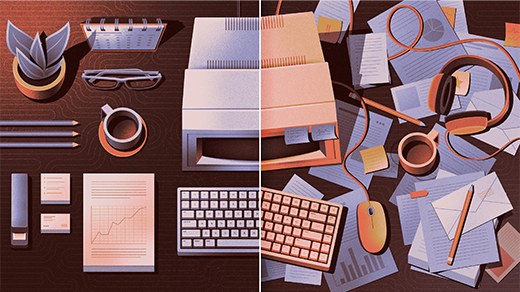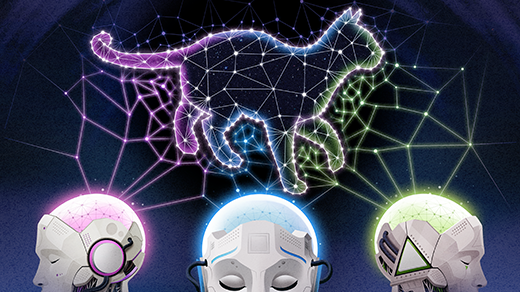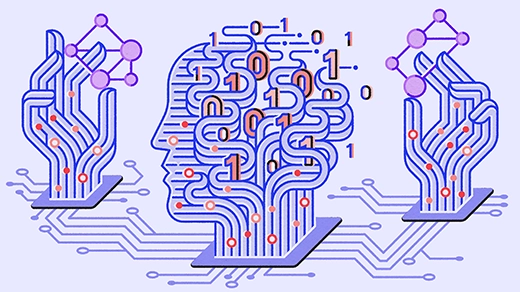
Sally Caulwell for Quanta Magazine
In the course of reporting this series on the impact of artificial intelligence on science and math, Quanta writers interviewed close to 100 experts — computer scientists, biologists, physicists, mathematicians and many others. Just about everyone reported seeing the impact of AI in their professional lives, some for an obvious reason: They had some kind of hand in building the technology itself. Others, a step or two away, have been so moved or pushed by AI’s potential that they have made professional changes as a result. They are modifying how they approach experiments, perhaps, or seeking out new collaborations, or asking new types of questions entirely. Careers that had been moving one way now go another.
At the end of each interview, we asked one impossible question: In the next five to 10 years, where do you see all of this going? The question is impossible not just because of the old quip about how it’s hard to make predictions, especially about the future, but because this particular future is being dreamed up, reconfigured and dreamed again nearly every day. Artificial intelligence as we currently think of it appeared to erupt suddenly out of nowhere just a few short years ago, blanketing the world in a fine, disruptive ash. Scientists and mathematicians are going to be shoveling through the consequences of this explosion, and perhaps more, for many years. They have our utmost gratitude for sharing their thoughts, hopes and fears with us. If anyone can see a coherent future through the haze, it might be them.





